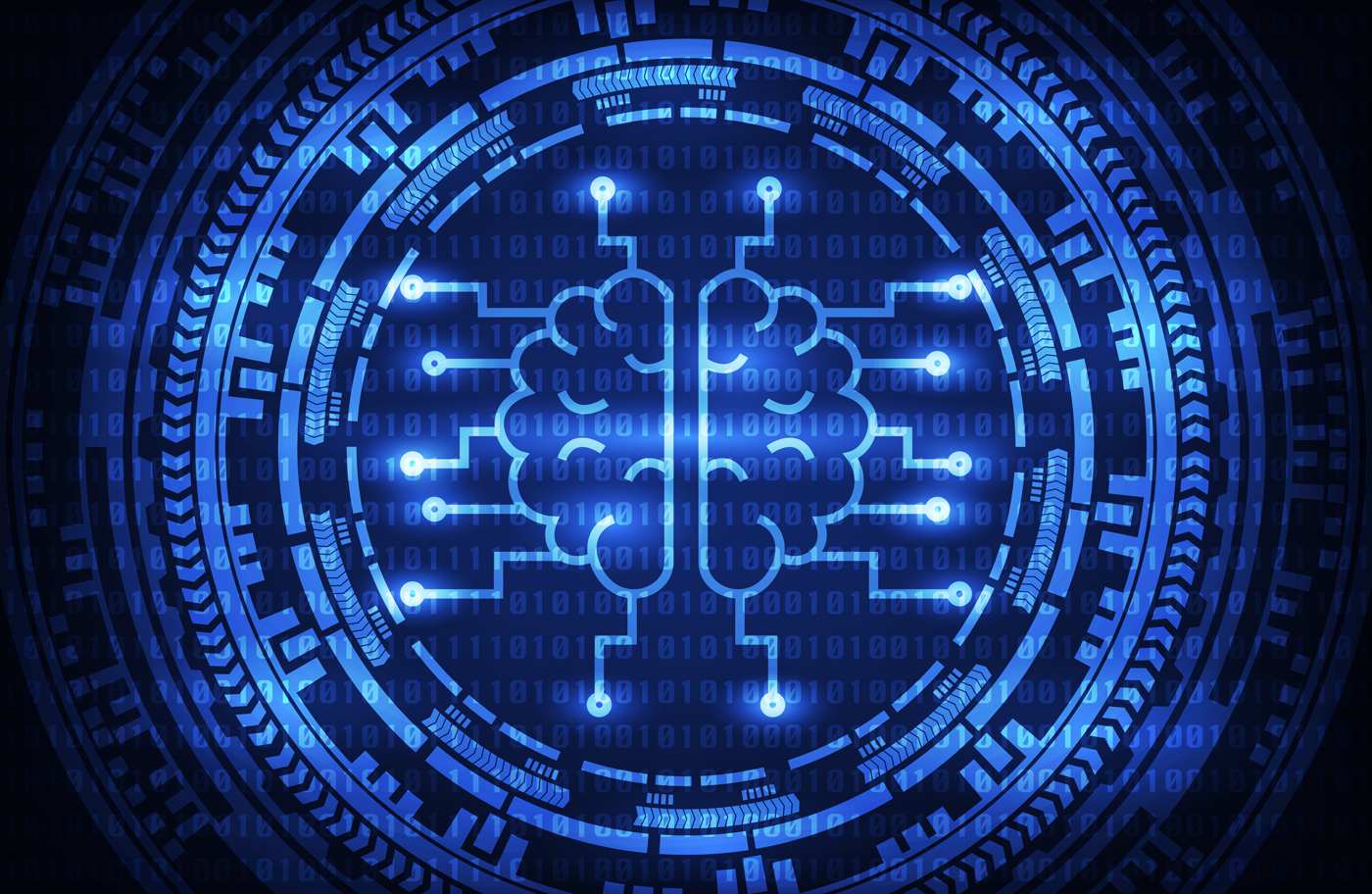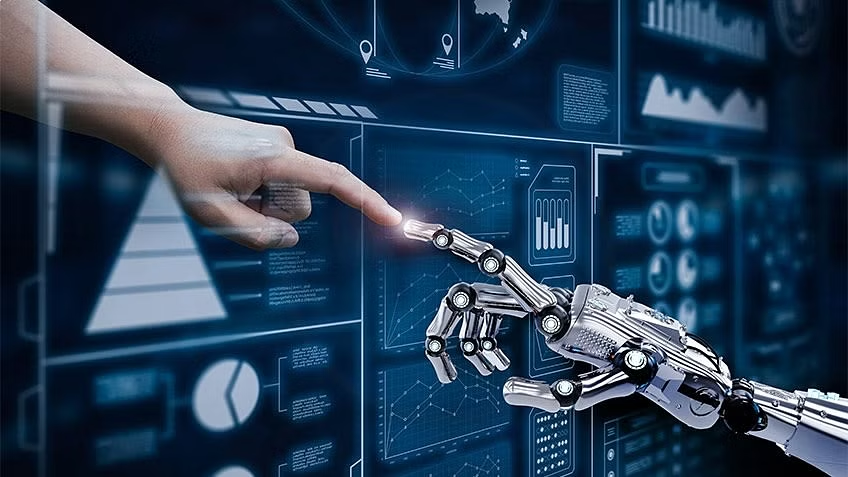Deep learning continues to be a game-changer across various sectors. Here’s an expanded look at additional innovative applications and emerging trends that are shaping the future of deep learning.
Deep Learning in Autonomous Vehicles
- Vehicle Perception and Navigation:
- Object Detection and Recognition: Deep learning models enable autonomous vehicles to detect and recognize objects such as pedestrians, other vehicles, and traffic signs in real-time. This enhances the vehicle’s ability to navigate complex environments safely.
- Lane Keeping and Lane Departure Warning: AI systems analyze road markings and vehicle position to assist with lane-keeping and provide warnings if the vehicle is drifting out of its lane. This improves safety and driver assistance.
- Traffic Prediction and Management:
- Real-Time Traffic Analysis: Deep learning analyzes traffic data from cameras, sensors, and GPS devices to predict traffic conditions and optimize routing. This helps in reducing congestion and improving travel efficiency.
- Adaptive Traffic Signals: AI-powered traffic management systems adjust traffic signal timings based on real-time traffic flow and congestion patterns. This enhances traffic flow and reduces waiting times at intersections.
Deep Learning in Cybersecurity
- Threat Detection and Response:
- Anomaly Detection: AI models identify unusual patterns and behaviors in network traffic and system logs to detect potential security threats. This includes recognizing anomalies that may indicate cyberattacks or breaches.
- Malware Detection: Deep learning enhances malware detection by analyzing file characteristics, behavior, and network activity. AI models can identify and classify malicious software with high accuracy.
- Fraud Prevention:
- Transaction Monitoring: AI systems analyze financial transactions to detect fraudulent activities, such as unauthorized transactions or account takeovers. This helps in preventing financial losses and protecting users’ accounts.
- Identity Verification: Deep learning improves identity verification processes by analyzing biometric data, such as facial recognition and fingerprint scans. This enhances security and reduces the risk of identity theft.
Deep Learning in Education
- Personalized Learning Experiences:
- Adaptive Learning Systems: AI-driven platforms create personalized learning paths based on individual student performance, learning style, and preferences. This includes providing customized lessons, exercises, and feedback.
- Intelligent Tutoring Systems: AI tutors offer personalized support and guidance, helping students with specific challenges and tailoring instruction to their needs. These systems provide real-time feedback and adaptive learning materials.
- Automated Grading and Feedback:
- Essay and Assignment Evaluation: Deep learning models assess and grade written assignments, essays, and open-ended responses. This includes providing feedback on grammar, content, and overall quality.
- Test Scoring: AI systems automate the scoring of multiple-choice and other standardized tests, reducing the time and effort required for grading and ensuring consistency.
Deep Learning in Environmental Science
- Climate Change Modeling:
- Predictive Climate Models: Deep learning enhances climate models by analyzing historical climate data and predicting future climate conditions. This supports research on climate change impacts and adaptation strategies.
- Carbon Footprint Analysis: AI models estimate and track carbon emissions from various sources, including industrial activities, transportation, and agriculture. This helps in monitoring and reducing greenhouse gas emissions.
- Disaster Response and Management:
- Early Warning Systems: Deep learning improves disaster prediction and early warning systems for natural disasters such as earthquakes, hurricanes, and floods. AI analyzes seismic, meteorological, and satellite data to provide timely alerts.
- Damage Assessment: AI models analyze satellite and drone imagery to assess damage from natural disasters. This includes mapping affected areas, identifying critical infrastructure, and supporting relief efforts.
Deep Learning in Arts and Culture
- Art Generation and Restoration:
- AI Art Creation: Deep learning models generate original artworks by learning from existing art styles and techniques. This includes creating paintings, music, and other forms of art that mimic various artistic styles.
- Cultural Heritage Preservation: AI assists in restoring and preserving cultural artifacts by analyzing and reconstructing damaged or incomplete pieces. This includes digital restoration of historical documents, paintings, and sculptures.
- Content Curation and Recommendation:
- Personalized Recommendations: AI models analyze user preferences and behavior to recommend cultural content, such as books, music, and films. This enhances user engagement and discovery of new content.
- Cultural Trend Analysis: Deep learning analyzes cultural trends and social media data to identify emerging patterns and interests. This supports cultural institutions and artists in understanding and responding to audience preferences.
Deep Learning in Sports and Performance
- Athlete Performance Analysis:
- Motion Tracking: AI models analyze athletes’ movements and biomechanics to improve performance and reduce injury risks. This includes tracking key metrics such as speed, agility, and technique.
- Game Strategy Optimization: Deep learning analyzes game footage and player statistics to develop strategies and tactics. This helps teams make data-driven decisions and gain a competitive edge.
- Fan Engagement and Experience:
- Personalized Content: AI generates personalized content for sports fans, including highlights, news, and updates based on their preferences and interests. This enhances fan engagement and satisfaction.
- Interactive Experiences: Deep learning powers interactive experiences such as virtual reality sports simulations and augmented reality applications. These experiences immerse fans in the sports environment and enhance their enjoyment.
Future Trends and Innovations
- AI in Space Exploration:
- Autonomous Space Missions: Deep learning enables autonomous spacecraft to perform complex tasks, such as planetary exploration and space resource mining. AI models assist in navigation, data collection, and mission management.
- Extraterrestrial Life Search: AI analyzes data from telescopes and space probes to search for signs of extraterrestrial life. This includes analyzing signals, detecting anomalies, and interpreting cosmic data.
- AI Ethics and Governance:
- Ethical AI Development: There is a growing focus on developing ethical AI practices and frameworks to address issues such as bias, transparency, and accountability. This includes creating guidelines and standards for responsible AI use.
- AI Regulation: Governments and organizations are working on regulations to govern the development and deployment of AI technologies. This includes addressing privacy concerns, ensuring safety, and promoting fair practices.
- Human-AI Collaboration and Augmentation:
- AI-Enhanced Creativity: AI tools support human creativity by providing inspiration, generating ideas, and assisting in the creative process. This includes applications in design, music, and writing.
- Augmented Decision-Making: Deep learning enhances decision-making by providing data-driven insights and recommendations. This includes applications in business strategy, healthcare, and public policy.
Conclusion
Deep learning continues to revolutionize various fields, from healthcare and environmental science to sports and arts. As technology evolves, embracing emerging trends, addressing ethical considerations, and fostering innovation will be key to leveraging the full potential of deep learning.
The future of deep learning holds exciting possibilities, with advancements in AI offering new opportunities and solutions across a wide range of domains. Staying informed and engaged with these developments will be crucial for harnessing the benefits of deep learning and shaping a positive future.



